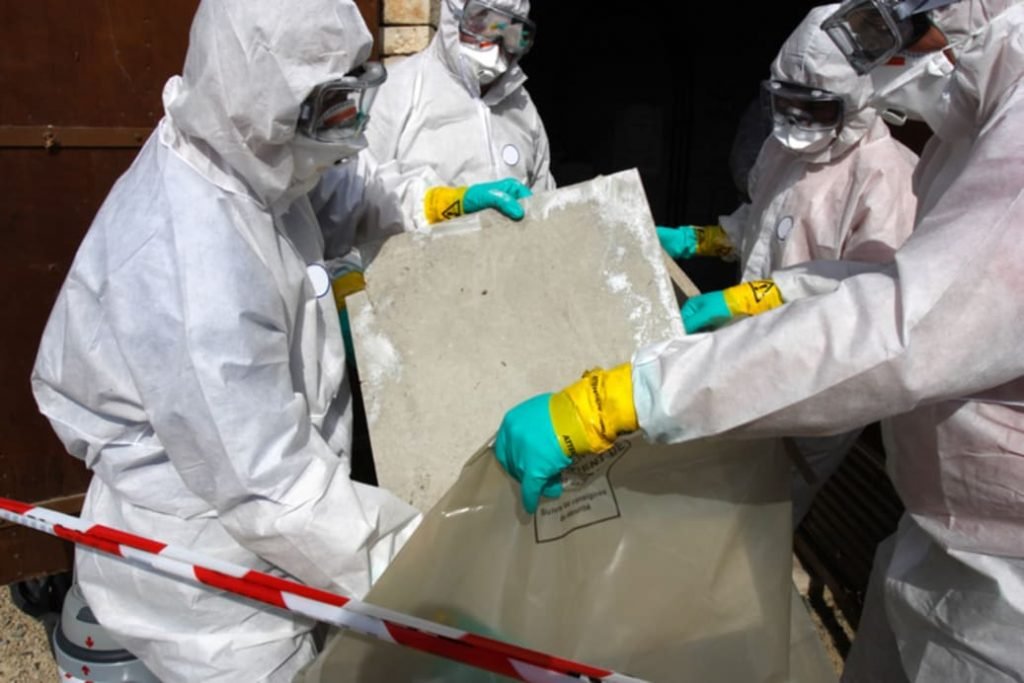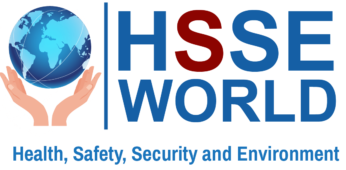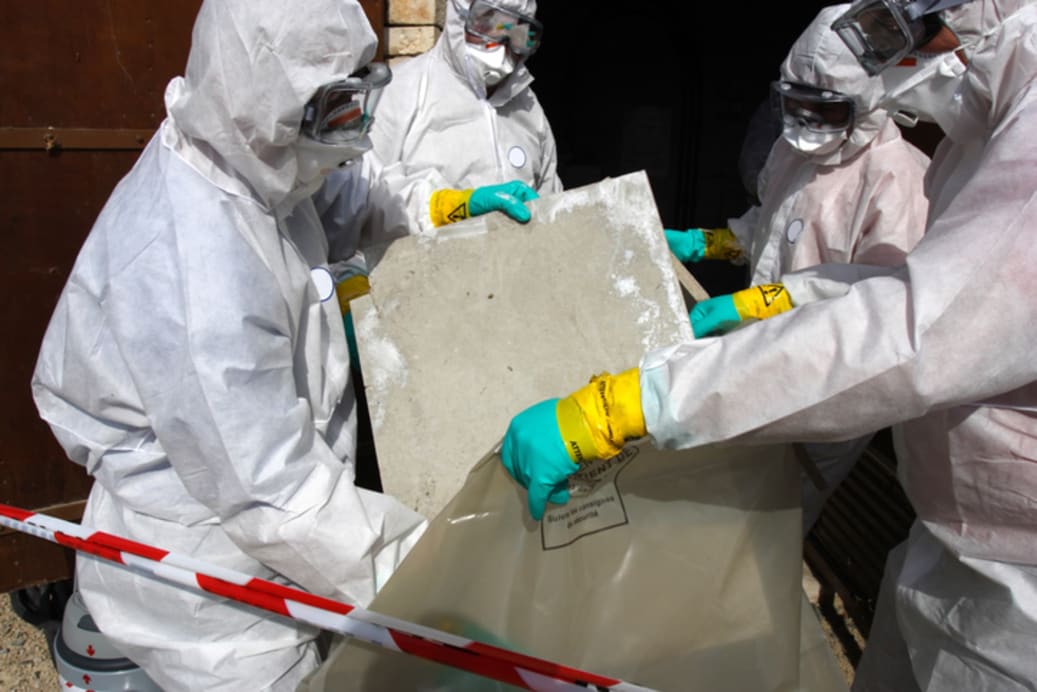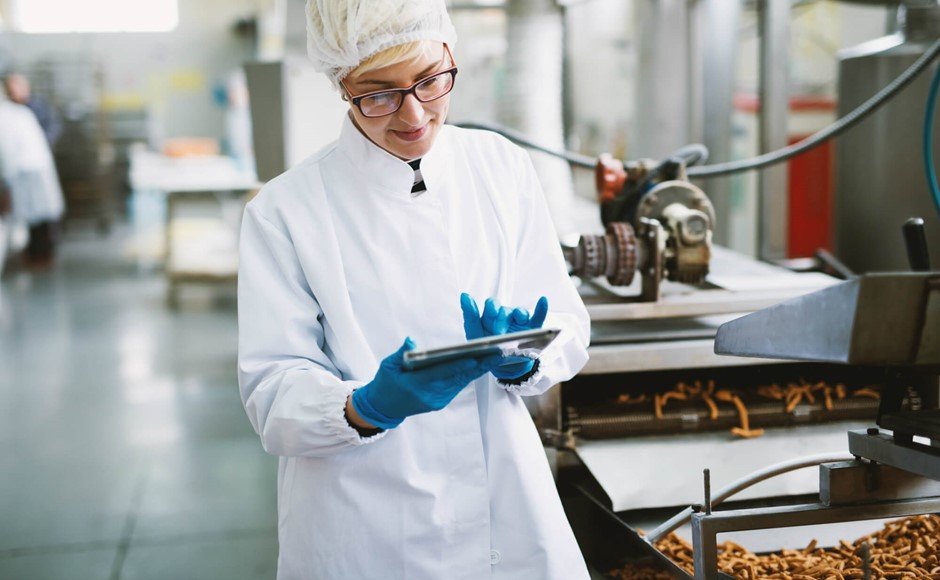Maintaining, inspecting, and extending the life of your personal protective equipment (PPE) is a hot topic. But despite all this talk about prolonging the usable life of our equipment, sometimes the best option is disposable gear that can be destroyed immediately after using it.
Sounds strange, right? Why would you spend money on PPE just to toss it away after using it? While it may not sound like the most fiscally responsible thing to do it, it’s often the only way to ensure the safety of your workers and the public. Let’s look at some of the jobs that call for disposable clothing so you can see what I mean.

HAZMAT Operations
Many people have only seen HAZMAT suits on television and in the movies. But if your job is to clean up biological agents, radioactive materials, and chemicals that have leaked into the environment, these suits are a daily reality for you. These full-body protective outfits protect you against any number of toxins you can be exposed to while carrying out your work.
HAZMAT suits come in various levels of protection, the highest being a Level A that involves a gas-tight, vapor-tight, splash-resistant suit, and a self-contained breathing apparatus (SCBA). Chemical-resistant gloves (both inner and outer) and footwear are also required, with emphasis on the need for puncture-resistant materials to protect against cuts that could allow toxic materials to reach the skin.
Chemical Laboratories
You need special protective equipment when handling chemicals, so it makes sense that you’d need quite a bit of protection when you’re involved in manufacturing them. Employees in chemical laboratories need protection not only from the chemicals they’re working with but also from the agents used to clean up spills (learn more in Tips for Preventing Chemical Spills in the Workplace).
Disposable protective gear in chemical laboratories also ensures the quality of the product. Putting on a fresh piece of protective clothing prevents accidental contamination of the raw chemicals and compounds being developed.
Chemical lab employees work with any number of elements that could be toxic. Gloves, coveralls, and eyewear are essential in these workplaces. Obviously, the more toxic or fragile the chemicals, the more protection is necessary.
(Learn More: the difference between single-use limited use and reusable-chemical protective garments/ )
Health and Medical Professions
Doctors, nurses, and other medical staff require disposable protective gear to prevent contamination and the spread of disease. Imagine if a surgeon were to operate on one patient and then ran over to treat another one without changing their gloves. You don’t need medical training to know that is trouble waiting to happen.
It’s not just about contaminating patients, though. Medical teams often work on patients with contagious diseases and need to make sure they don’t contract it themselves. Protective gear has come a long way since the sadly ineffective plague masks are worn by physicians in the Dark Ages, but we haven’t yet found a way to make sure diseases don’t spread without items that can be discarded.
Food Service
Show of hands: who wants hair in their food? Didn’t think so.
We’ve all heard horror stories about things that go on in restaurants. But there are fewer and fewer mishaps when food handlers use hairnets, gloves, and other disposable items. Hairnets aren’t only for the head anymore, either. Nylon beard nets are now an option to control facial hair and prevent contaminating the food.
Every level of foodservice uses disposable clothing. Even school cafeterias have adopted disposable gloves and hairnets when handling student lunches. Nursing homes, hospital cafeterias, and fast-food restaurants have also gone well beyond “Employees Must Wash Hands” signs and made sure that anyone prepping the food slips on disposable gloves before starting their work.
Medical Device Manufacturing
How sanitary wound a syringe be if it were handled by every single person on the production line? What about IVs and catheters? Would you want to use one of these medical devices if it had been touched by any number of strangers? Probably not.
Medical device manufacturers fall somewhere between the health and medical field and chemical laboratory teams. They need to keep the items sterile while also avoiding being injured by the materials they’re working with. Aprons, eyewear, gloves, and even disposable shoe covers can be required depending on the type of device being manufactured.
Forensic Investigation
If you’ve ever watched a crime show, you’re familiar with the scene of the forensic team pulling on a pair of disposable gloves before bagging up key items and even collecting hair and fiber samples. It doesn’t take an expert to know why they do it: if their fingerprints or DNA gets all over the scene, it can compromise the evidence they collect.
But it’s more than that, isn’t it? Of course. Forensic teams may need to wear disposable shoe covers and other clothing items in case they come into contact with toxins and other hazards. After all, who knows what those criminal operations keep lying around.
Final Thoughts
Disposable clothing has come a long way in style and effectiveness. Different materials offer different levels of comfort and protection depending on the worker’s needs. And this list just touches on a few of the many applications they have. If contamination, compromising product quality, or accidentally spreading harmful substances are a concern, disposable clothing might just be the best option for your operation.




